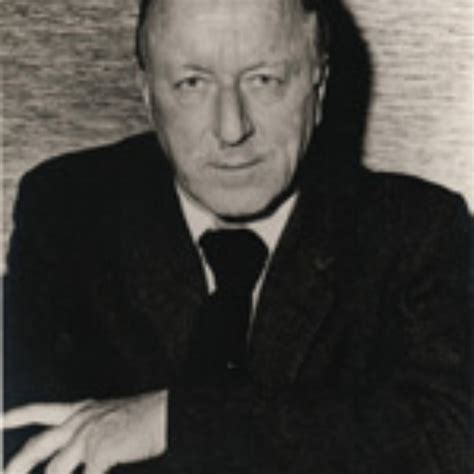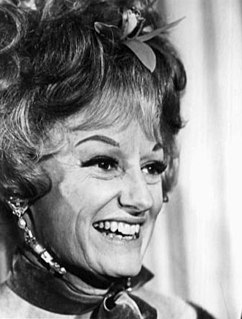A Quote by Robin McKinley
I found that the only way I could control this sorrow was not to think of [it] at all, which was almost as painful as the loss itself.
Related Quotes
Essentially, no one can control what other people think of the final outcome. Once it's done, the audience will like it or not, they may even think I'm an idiot. They can also think I'm brilliant or whatever, I can't control that. What I can control is the joy in putting it together, the process of the work itself. I try and create an atmosphere where we're all enjoying the work. That's the only thing you can hold on to, the only true thing.
Let me just say you could end this violence within a very short period of time, have a complete ceasefire - which Iran could control, which Russia could control, which Syria could control, and which we and our coalition friends could control - if one man would merely make it known to the world that he doesn't have to be part of the long-term future; he'll help manage Syria out of this mess and then go off into the sunset, as most people do after a period of public life. If he were to do that, then you could stop the violence and quickly move to management.
To control the production of wealth is to control human life itself. To refuse man the opportunity for the production of wealth is to refuse him the opportunity for life; and, in general, the way in which the production of wealth is by law permitted is the only way in which the citizens can legally exist.
Sorrow, terror, anguish, despair itself are often the chosen expressions of an approximation to the highest good. Our sympathy in tragic fiction depends on this principle; tragedy delights by affording a shadow of the pleasure which exists in pain. This is the source also of the melancholy which is inseparable from the sweetest melody. The pleasure that is in sorrow is sweeter than the pleasure of pleasure itself.
Indeed, so deep is my pleasure in the work of the garden that, if there be a dimension after death in which grieving for the loss of the world of senses is possible, I shall grieve for no person however once agonisingly desired and passionately beloved, for no emotional adventure however uplifting, for no success however warming, no infamy however exhilarating, for nothing half so much as I shall grieve to the loss of the earth itself, the soil, the seeds, the plants, the very weeds... It is a love almost overriding my love the words that could express that love.
Desire and loss of will tend to hurt the mind, which can lead to fear and compulsion. The result is that we suppress negative emotions, which we've been taught to be shameful of and hide, such as pain, anger, sorrow, and resentment. I take these complex and varied emotions surrounded by obscurity, absurdity, contradiction, and events out of our control such as tragedy, and project them in my work. So I understand that the images can generate fear, confusion, and anxiety in the audience, and if they're difficult to turn away from, it only means that my intention has been communicated.
Obesity is the result of a loss of self-control. Indeed, loss of self-control might be said to be the defining social (or anti-social) characteristic of our age: public drunkenness, excessive gambling, promiscuity and common-or-garden rudeness are all examples of our collective loss of self-control.


































